
The Global Pandemic Policy Group (the “Group”) is a think tank and action group that generates evidence, develops policy proposals and solutions, and advocates for an equitable and enforceable international agreement on pandemic prevention, preparedness, and response. The work of the group builds upon the 10 recommendations published in the Lancet Public Health Study: “A Global Public Health Convention for the 21st Century”, which was conducted by the University of Miami and the AHF Global Public Health Institute.
The Group periodically meets to discuss policy development and set advocacy agendas to formalize policy recommendations. For the year of 2022 the group has prioritized its area of focus to three major subjects in global health: accountability and compliance with international health law, global financing mechanisms for preparedness and response with a focus on the expansion of the Global Fund’s mandate, and equity.

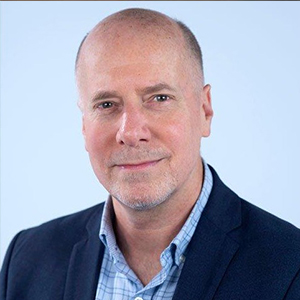
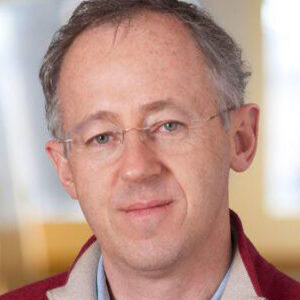
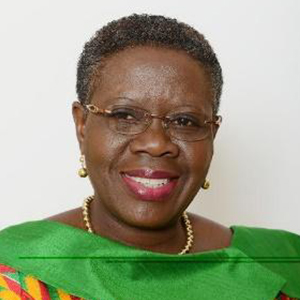
Sandro Galea, a physician, epidemiologist, and author, is dean and Robert A. Knox Professor at Boston University School of Public Health. He previously held academic and leadership positions at Columbia University, the University of Michigan, and the New York Academy of Medicine. He has published extensively in the peer-reviewed literature and is a regular contributor to a range of public media, about the social causes of health, mental health, and the consequences of trauma. He has particular interest in assessing the consequences conflicts like Hurricane Katrina, wars in Iraq and Afghanistan and the September 11 attacks. He has been listed as one of the most widely cited scholars in the social sciences. He is chair of the board of the Association of Schools and Programs of Public Health and past president of the Society for Epidemiologic Research and of the Interdisciplinary Association for Population Health Science. He is an elected member of the National Academy of Medicine. He was named one of TIME magazine’s epidemiology innovators and has consistently been listed by Thomson Reuters/Clarivate as one of the “World’s Most Influential Scientific Minds”.
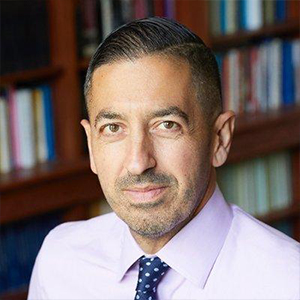
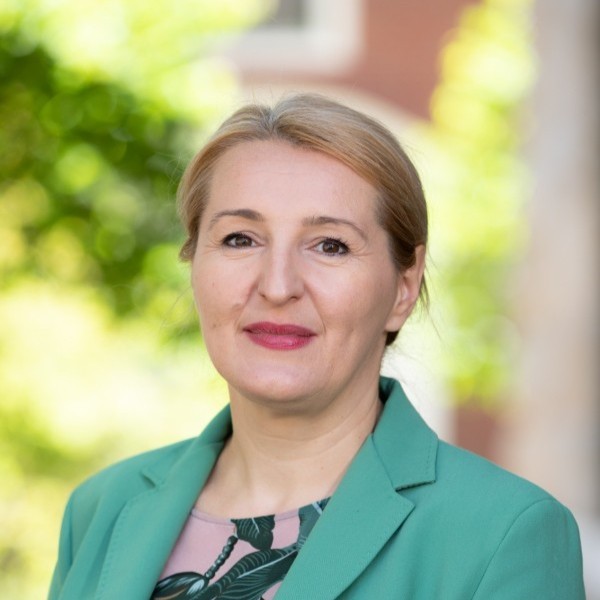
Health leader with over two decades of experience in global health, partnership building, and health program management, with an active engagement with stakeholders at the highest levels. Mission-oriented, effective team player with strong strategic and relationship-building skills, and a proven track record of working on complex and politically sensitive issues with CSOs, governments, academia, the private sector, and communities. Knowledgeable about the global health horizon and multilateral and bilateral institutions, including the Global Fund, EU, and UN architecture, CSOs, and public and private sector, with significant experience at the senior levels in Geneva in the leadership of the global partnership, the Global Fund to Fight AIDS, Tuberculosis, and Malaria, designed to accelerate the end of AIDS, tuberculosis, and malaria as epidemics.
Fellow / visiting scientist at the Harvard Global Health Institute and the Women and Health Initiative at the Harvard T.H. Chan School of Public Health.
Maksut Kulzhanov is the founder of Kazakhstan School of Public Health, the first in the Central Asian Region, and also the whole territory of New Independent States. He was strong leader of this organization during almost 15 years and brought it to the international arena. He is a professor of the Kazakhstan School of Public Health. In 2011-2013 he was Director General of the Republican Center for Health Development in Astana, Kazakhstan, which performed methodological and analytical support for health reform carried out by the Ministry of Health. As Deputy Minister of Health (1992-1997), he was one of the ideologists and founders of the health insurance system in Kazakhstan. Dr. Kulzhanov was scientific adviser of about 100 doctoral and candidate dissertations. He is an author of more than 200 scientific publications in Russian and English. He has much experience as a lecturer, scientific researcher and perfect administrator, health diplomat. The most recent directions of his research and professional activity were health policy, global health, palliative care development, healthy ageing, mental health and many others. Dr. Kulzhanov continues to be a member of different international boards (WHO, UNAIDS, COHRED, Global Fund, ASPHER) and presents interests of national health on the international level. He is a Chair of the Republican Medical Chamber in Kazakhstan.
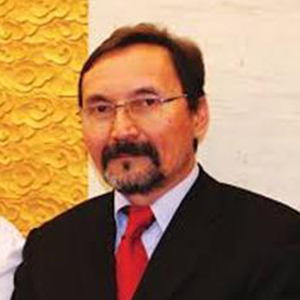
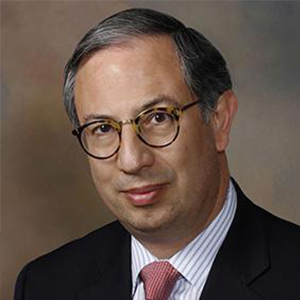
Carlos del Rio is Emory University’s Hubert Professor and Chair of the Department of Global Health, Professor of Epidemiology at the Rollins School of Public Health and Professor of Medicine at the School of Medicine. He is also co-Director of the Emory Center for AIDS Research (CFAR) and Director of the Emory AIDS International Training and Research Program. Dr. del Rio is a native of Mexico where he was Executive Director of the National AIDS Council of Mexico (1992-1996). He conducts HIV research and training in Kenya, Ethiopia, Thailand and the Georgia. Dr. del Rio also works on emerging infections, epidemic and pandemics including the response to the 2009 Pandemic Influenza A (H1N1) as member of the WHO and CDC advisory teams and now on the COVID19 response as advisor to the NCAA. He has served on the editorial board or teams for NEJM Journal Watch Infectious Diseases, Clinical Infectious Diseases and Journal of AIDS and Global Public Health.
Jorge Saavedra is the Executive Director of the AHF Global Public Health Institute at the University of Miami, Interim Chair of the Board of Trustees of IAPAC and Member of the UNAIDS Global Targets Setting Steering Committee. He was a Panelist of The Harvard-LSHTM Independent Panel to Evaluate the Global Response to Ebola and served on the Strategy Committee of the Global Fund AIDS, TB and Malaria. He was previously a member of the Executive Committee of Gay Latino Network and of the MPACT Steering Committee. Dr Saavedra pursued his medical education at the National Autonomous University of Mexico (UNAM) and graduated education in Public Health and Health Policy and Management at Harvard University. In Mexico, he was Director General of the National AIDS Program (CENSIDA 2003-2009), Deputy Director General of Planning and Innovation at the Ministry of Health (2001-2003) and the Founding Director of Mexico City Clinica Condesa, the largest HIV Clinic in Latin America. His publications relate to AIDS economics and policies and the global response to Ebola. He resides in Cuernavaca, Mexico.

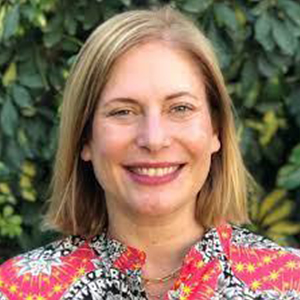
Gisela Scaglia is an elected Member of the Parliament of Argentina. Responsible for the Social Department of the Buenos Aires City Government from 2008 to 2011, Scaglia was elected in 2013 for the Parliament. She is one of the most well-known politicians in the country. The congresswoman’s work focuses primarily on social welfare and policy making related to children’s rights, as well as on issues such as hunger relief and poverty alleviation, and obesity and undernutrition related issues. Her current role also allows her to focus on transparency in public political action, political leadership and political responsibility, tuberculosis and HIV/AIDS policy-making; legislation on rights of persons with disabilities; empowerment through education, environmental and animal welfare policy-making, and policies that promote local development. She serves as Co-President for Latin America at the Global TB Caucus and as Regional Chair for UNITE, a Global Parliamentarians Network to end HIV/AIDS, viral hepatitis, and other infectious diseases
José Szapocznik is an accomplished scientist with 300 scholarly publications and over $125 million in funding received from the National Institutes of Health. Dr. Szapocznik has been in academic leadership roles at the University of Miami since 1977 when he founded the Center for Family Studies. He was also founding director of Miami Clinical Translational Science Institute and the Brief Strategic Family Therapy as well as Chair Emeritus of the Department of Public Health Sciences at the University of Miami. Szapocznik’s research has delved into the role of context in development, behavior and health outcomes, having dedicated his career to studying how culture, family, neighborhood and built environments influence minority populations. He has been a leader in translating effective drug abuse treatments into clinical practice through the National Drug Abuse Treatment Clinical Trials Network. Szapocznik has served as a policy advisor for the NIH’s National Institute of Mental Health, the National Institute on Drug Abuse and the National Institute on Minority Health and Health Disparities. He was the first behavioral scientist appointed to the NIH-wide AIDS Program Advisory Committee.
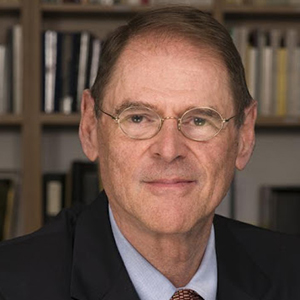
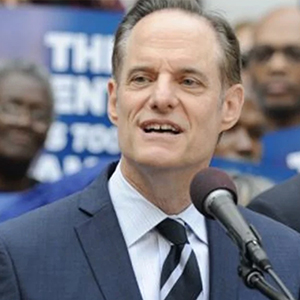
Michael Weinstein is the President of AIDS Healthcare Foundation (AHF), the largest global AIDS organization. Before becoming involved in HIV/AIDS related issues in the 1980s, he was a businessman and graphic designer. Since 1986, Mr. Weinstein has been a leader in the fight against HIV/AIDS. As president and co-founder of AHF, he oversees a multi–billion-dollar organization whose mission is to provide “cutting-edge medicine and advocacy regardless of ability to pay.” AHF currently serves over 1,000,000 clients in the United States, Africa, Latin America and the Caribbean, the Asia/Pacific region and Eastern Europe. Under Weinstein’s leadership, AHF has grown from a group of friends dedicated to the creation of dignified care for people in the last stages of AIDS to the largest AIDS organization in the United States. The Foundation now operates in over 500 treatment clinics in more than 40 countries globally: over 60 outpatient AHF Healthcare Centers in over 15 states and the District of Columbia. AHF also operates in more than 46 pharmacies in over 10 states and a clinical research unit. Under its Positive Healthcare brand, AHF operates managed care programs for people living with HIV and/or AIDS in California and Florida, which currently serve more than 4,890 clients.
José M. Zuniga is the President of the International Association of Providers of AIDS Care (IAPAC) and the President/CEO of Fast Track Cities, a global partnership between cities and municipalities around the world. He was appointed President of IAPAC in 1999 after serving as IAPAC’s Vice President for Programs. Dr. Zuniga has a Master of Public Health (MPH) degree in Health Policy, and a Doctor of Philosophy (PhD) in Human Development and Social Policy. In addition to his published journals and books, he lectures at several academic institutions and is Editor Emeritus of the Journal of the International Association of Providers of AIDS Care (JIAPAC), and serves on the Editorial Advisory Board of the International Journal of HIV/AIDS Prevention, Education, and Behavioral Science. Dr. Zuniga is an IAPAC Trustee, a technical consultant for the Collaborative Institute of Virology, and a member of the Joint United Nations Programme on HIV/AIDS (UNAIDS) Scientific and Technical Advisory Committee. Additionally, he routinely advises the United Nations, WHO and PEPFAR.
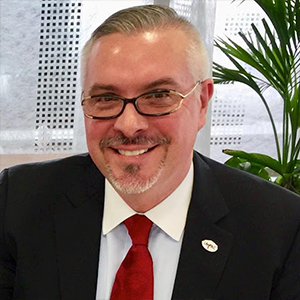
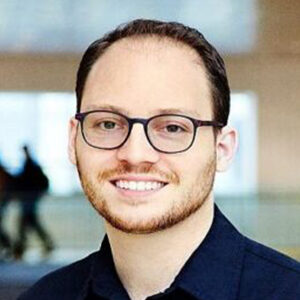
Dr. Steven J. Hoffman is the Dahdaleh Distinguished Chair in Global Governance & Legal Epidemiology and a Professor of Global Health, Law, and Political Science at York University, the Director of the Global Strategy Lab, the Director of the WHO Collaborating Centre on Global Governance of Antimicrobial Resistance, and the Vice-President of Data & Surveillance with the Public Health Agency of Canada. He holds a courtesy appointment as a Professor of Health Research Methods, Evidence & Impact (Part-Time) at McMaster University. He is an international lawyer licensed in both Ontario and New York who specializes in global health law, global governance and institutional design. His research leverages various methodological approaches to craft global strategies that better address transnational health threats and social inequalities. Past studies have focused on access to medicines, antimicrobial resistance, health misinformation, pandemics and tobacco control.
Steven previously worked as a Project Manager for the World Health Organization in Geneva, Switzerland, and as a Fellow in the Executive Office of United Nations Secretary-General Ban Ki-moon in New York City, where he offered strategic and technical input on a range of global health issues. He also previously worked for a Toronto law firm specializing in cross-border intellectual property litigation, health product regulation, and government relations. Steven advised the World Health Organization on development of a global strategy for health systems research and was lead author on the background paper that provided the strategy’s conceptual underpinnings. For three years he convened an academic advisory committee on science reporting for Canada’s only national weekly current affairs magazine. He was previously an Associate Professor of Law at the University of Ottawa (2014-2017), Adjunct Professor of Global Health & Population at Harvard University (2015-2020) and a Visiting Fellow at the University of Oxford (2018-2019).
Steven holds a Bachelor of Health Sciences from McMaster University, an MA in Political Science and a Juris Doctor from the University of Toronto, a PhD in Health Policy from Harvard University, and a doctorate in law from Sciences Po Paris.
Guilherme is a licensed attorney in California and serves as the Director of the AHF Global Public Health Institute at the University of Miami.
He earned his Juris Doctor, cum laude, from the University of Miami School of Law and his Master of Public Health from the Miller School of Medicine. Additionally, he holds a Bachelor of Science in Biological Sciences, magna cum laude, and a Master of Biomedical Sciences from Florida Atlantic University.
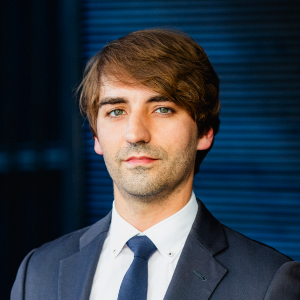
Home
Who we are
News
Contact
Accountability and Compliance with a new Global Health Convention
Financing Mechanisms
Equity
